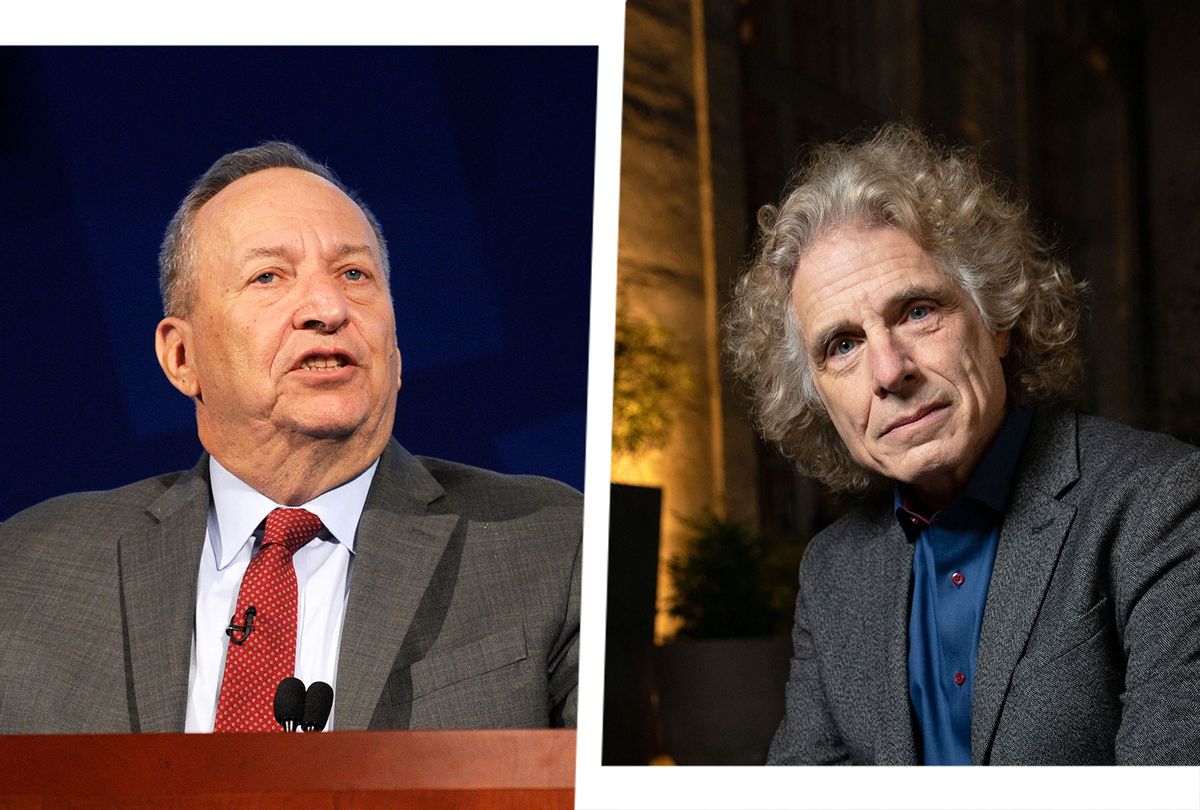What do right wing commentators say about college educational opportunities? In this article, I will look at why conservatives thrive in higher education and the ideological imbalance that plagues the system. I will also discuss the value of a college degree and the impact of partisanship on college campuses. After reading this article, you should be better informed about the state of liberal arts education. What do conservative commentators say about college education?
Conservatives thrive in higher education
Liberal professors tend to dominate higher education. This ideological imbalance has been a topic of debate since the 1960s. David Horowitz argues that ideological discrimination is to blame for the imbalance. Yet, emerging research suggests that conservative scholars do thrive in a liberal environment. The question is how to create an environment where conservative scholars can flourish? This article will provide an overview of some of the key principles for making conservative scholars successful in a liberal environment.
The first argument in favor of conservatives’ success in higher education is the increasing number of controversial speakers invited to college campuses. Meanwhile, conservative student groups have also increased. Until recently, conservatives were considered the minority, and their voices often suffered from outshouting or being shut down. But that’s no longer the case. As political science professor Patrick Miller explains, “the right-wing voices and conservative students are becoming more vocal, and the number of groups on college campuses is growing steadily.”
Ideological imbalance in higher education
A recent Pew Research Center poll asked Americans if the direction of higher education is heading in the right direction. While most Americans said it was, Republicans were more likely to say it is heading in the wrong direction. And while partisanship is always a possibility, the fact remains that ideological imbalances in higher education are real. And it has implications for the future of the nation’s higher education system. Here are some reasons why ideological imbalances in higher education are a problem.
During the 1960s, political activism was disapproved by faculty across all fields, including the humanities and social sciences. And even today, faculty in the University of Virginia donate to Democratic candidates and PACs. This has led some to question the value of the university’s independence. In response to such a conflict, many scholars have sought to increase the political engagement of faculty and students at higher education institutions. But while these researchers note that the issue has a political nature, they say that there are some exceptions to the general rule.
Value of a college degree
A recent survey of public opinion on higher education found that 37% of Republicans think a college degree is a good investment. Republican parents are less likely to encourage their children to attend college than Democrat parents. But is there a link between educational attainment and political affiliation? According to Daniel A. Cox, a researcher at the American Enterprise Institute, there is. And that relationship isn’t limited to partisanship.
A recent survey showed that people with a college degree are better off financially. The survey also revealed that access to college has been restricted to the affluent and wealthy, making college less affordable for many. Yet, this does not mean that a college degree is worthless. It is important to note that a college degree translates to a higher income, and a higher lifetime earnings potential.
Impact of partisanship on campus
The impact of partisanship on college education has been an ongoing debate. Polls show that the public is dissatisfied with the role of colleges, admissions policies, and free speech on college campuses. In fact, one study found that partisanship was associated with lower confidence in colleges. Of those polled, only half of Democrats said that college has a positive impact on the country, while 40% said it has a negative effect.
Recent polls indicate that partisanship can influence college reopening plans. In a recent Pew Research Center poll, public universities and colleges in red states were more likely to reopen in person. The impact of partisanship on public health has been documented, too. Public health and science are among the top considerations in state-level decisions on college reopenings, but they are not the only determinants of school closings.

